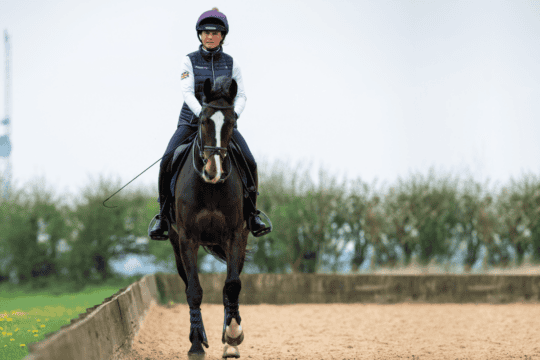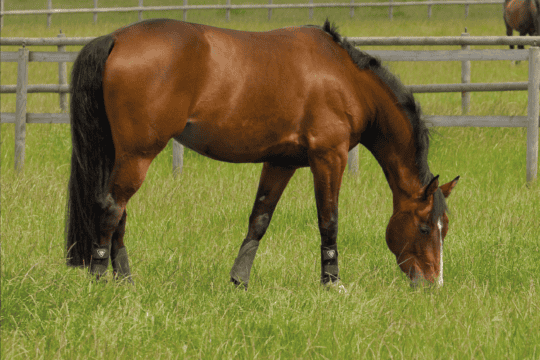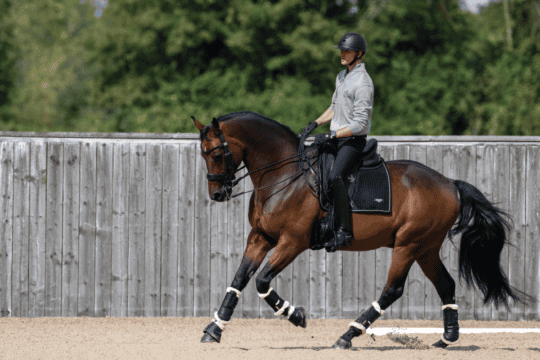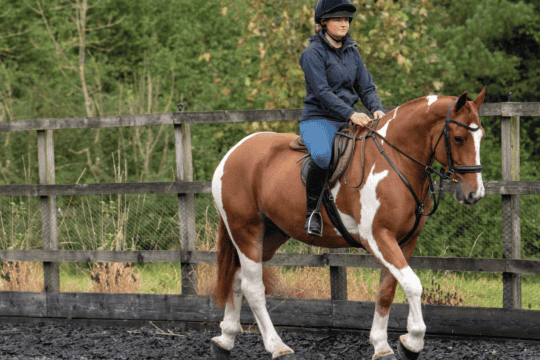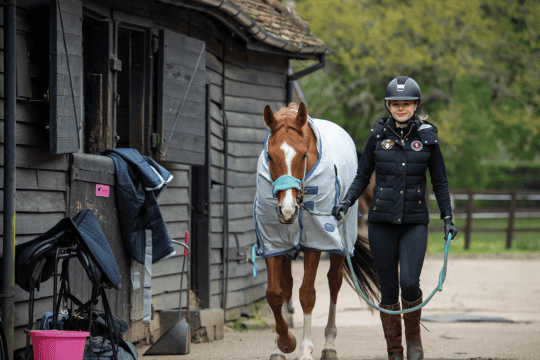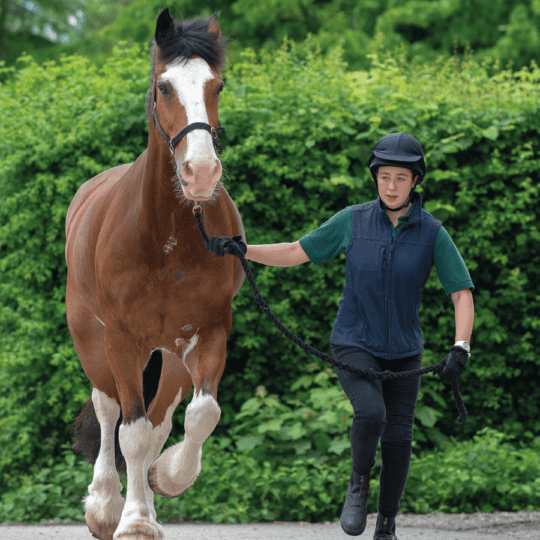Vet’s guide to vaccinations
Posted 5th January 2021
Confused by the different vaccinations available and wondering what your horse really needs? Vet Ben Gaskell shares all you need to know
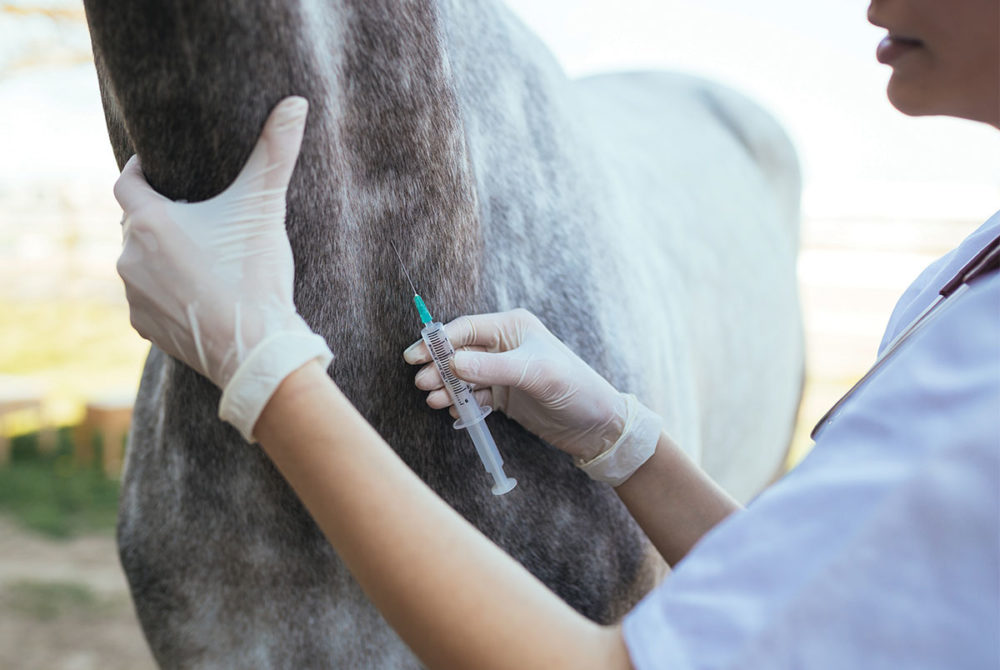
Much like humans, there are a number of vaccinations horses need on a regular basis to keep them healthy and safe from diseases. With the overall aim of inoculation to reduce the risk of an outbreak, minimise its spread and reduce the severity of the symptoms should the horse develop the disease, there’s really no reason not to.
While every horse should be vaccinated against tetanus and flu, there are a number of other vaccines your horse may need if he’s travelling abroad or used for breeding. But despite the prevalence of these vaccinations, many horse owners don’t have more than a passing knowledge of how they work. Let’s take a look at some of the most common questions.
How do vaccinations work?
Vaccines contain modified forms of viruses or bacteria (pathogens). When the vaccine is given, your horse’s immune system generates a response that causes him to produce antibodies to that particular pathogen. If your horse then meets that disease again in the future, they’ll be able to produce a fast, robust immune response and fight it.
Why is it important to vaccinate?
We vaccinate horses to reduce…
- Clinical signs and protect the horse from disease.
- Shedding of the pathogen while the horse is infectious, reducing spread of the disease.
Vaccination plays a critical role in preventing spread of disease via herd immunity, which occurs when a large proportion of a community becomes immune to a disease. A group of vaccinated horses are much better protected than just one individual that’s vaccinated in an otherwise unvaccinated group.
For more up to date advice on vaccinations pick up a copy of March Horse&Rider, on sale 7 January 2021.


